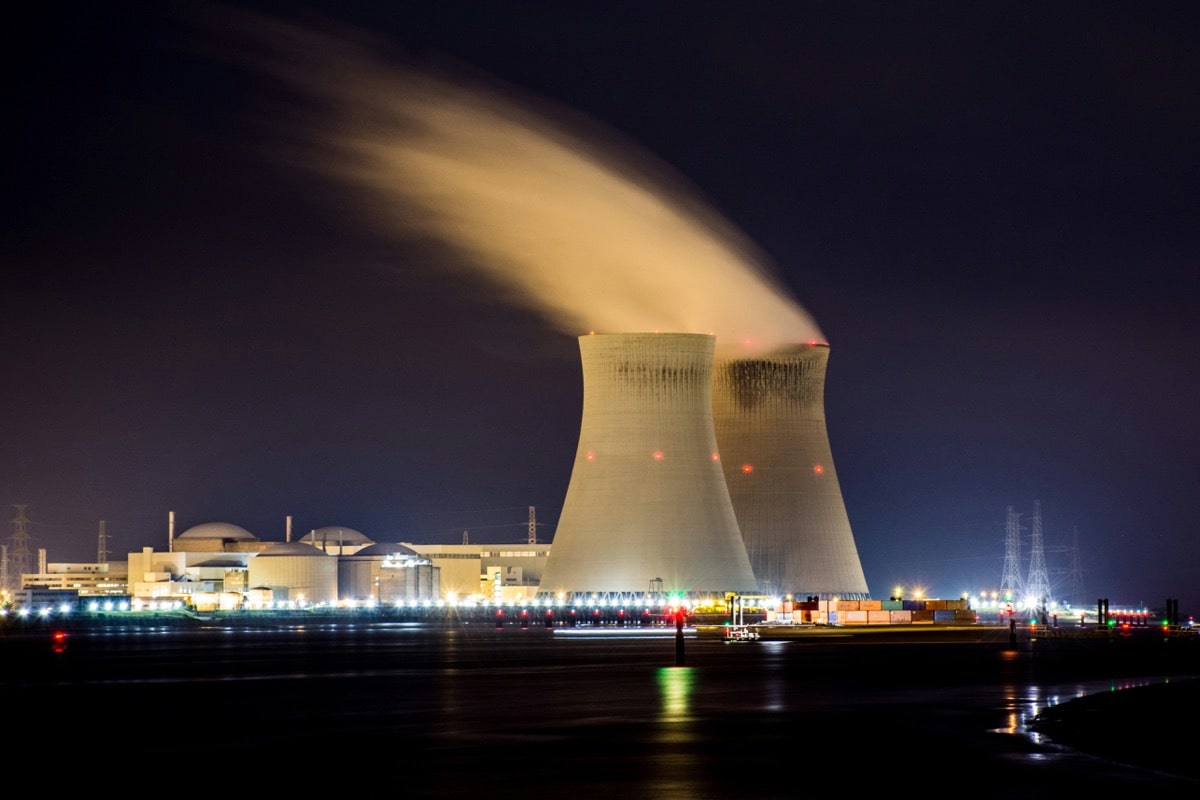Global tech leader Google partnered with US-based nuclear energy company Kairos Power to purchase atomic energy from its multiple small modular reactors (SMR) and support the development of AI technologies.

The world’s first corporate agreement of this type aims to accelerate the clean energy transition across the U.S., help more communities benefit from clean and affordable nuclear power, support the development of AI uses cases for science and business, and drive overall national competitiveness and economic growth.
Kairos Power is working on a novel Fluoride Salt-Cooled High-Temperature Reactor (KP-FHR) which uses a combination of liquid fluoride salt as the primary coolant and a solid TRISO (Tri-structural Isotropic) fuel. Such reactors are smaller than regular ones and have a modular design. KP-FHRs offer enhanced safety features, as they operate at lower pressure compared to traditional water-cooled reactors, which reduces the risk of catastrophic failure. Besides, they reduce construction and operating costs and provide high-efficiency power generation.
After its Hermes non-powered demonstration reactor in Tennessee this summer, the first U.S. advanced reactor project from Kairos Power received a construction permit from the U.S. Nuclear Regulatory Commission. Before the launch of its first commercial plant, the company will complete multiple successive hardware demonstrations. This will enable critical insights and efficiency improvements that accelerate reactor deployments, and bring greater cost certainty for Google and other firm’s customers.
Advanced nuclear technology will be another part of Google’s portfolio of clean electricity technologies, like solar and wind, that power its global data centres and offices. Google has over 30 data centres across the globe, 18 of which are located in the US, and more than 70 offices in over 50 countries worldwide.
These data centres and global offices actively work on AI-powered services and capabilities, among other technologies. Thus, recently, Google introduced a range of AI tools for its customers, e.g. AI-powered review summaries and alerts of narrow roads for Maps in India, drug discovery AI model, AI cyber tools, and more. Besides, its generative artificial intelligence model called Gemini is currently used by more than 2 million developers for their original solutions.
The initial phase of cooperation between Kairos Power and Google will bring its first SMR online by 2030, with additional reactor deployments planned through 2035. Overall, this deal is supposed to enable up to 500 MW of new 24/7 carbon-free power to U.S. electricity grids.









